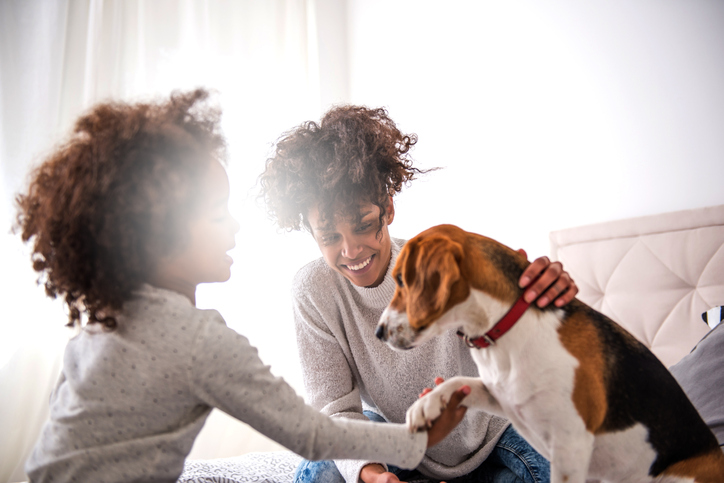Part 1 – Where to get a good dog!
Coming soon – Part 2 – Choosing the right dog
Choosing a new dog can be tough
Anyone may be worried about how to pick a new dog. And people who have had a dog with serious issues may have even deeper concerns. This guide will help you choose the perfect pet for your household.
I have been an adoption counselor at a municipal animal shelter and also help many folks get matched up with dogs.
Where to get a dog?
Good dogs can come from a lot of places! And unfortunately, dogs that are troubled can come from anywhere too. If you purchased a dog from a breeder that was troubled, you may only want shelter dogs. Or vice versa.
Shelter dogs
When a dog is in a shelter environment, they are under a lot of stress. Some dogs will handle the stress better than others. But it can be hard to really know what the dog is like if you’re meeting him or her at a shelter.
Shelter dogs are sleep deprived and tend to have higher cortiosol levels than dogs in homes.
For many, their entire life has been turned upside down and they are stressed.
Some shelter dogs may be in foster care. See the section on rescues for more info.
Rescue dogs
Some rescues house all animals in foster care. Others have kennel facilities and those dogs will have some of the same stress levels as shelter dogs.
Dogs that are in foster care have more known temperament. If you trust the foster care provider is being candid with you, you may be able to get a ton of information on the dog’s temperament, what the dog likes to do, and any behavioral quirks. But consider how long the dog has been in foster care and also how similar or different your home is in comparison to the foster.
Breed rescues may only have dogs of a particular breed and may be able to provide good guidance on matching dogs and people.
In California, all adopted dogs must be spayed/neutered before being adopted. If that is not part of the adoption in a state that requires it, the rescue is being shady and may mislead or lie about other things.
Checking Yelp and Google reviews may be helpful to see if a rescue has had any practice of placing unsafe dogs into homes.
Breeders
Breeders should have a vision of what they’re breeding for. A Labrador Retriever breeder breeding for show or pets will likely have more mellow dogs than a breeder who is breeding for hunting (field bred.)
If you choose to get a puppy from a breeder, consider the following:
Breeders: Temperament and genetics
There’s a saying that “it’s all in how you raise them”. And yet, I could introduce you to a pitbull, Theodore, who grew up literally on the end of a chain. He came from one of the biggest fight dog busts in the United States. He never met a stranger and has friends that are human, chickens, other dogs, cats, goats, on and on. He has the crappiest start to life and he’s the nicest dog.
I have clients who raised dogs from puppies who did every single thing right. And their dog has serious issues.
I wish it really were all in how we raise them because it would mean we have control!
But often, we do not.
If you buy from a breeder, meet the parents or at least the dam. The temperament of those parents is likely to influence your puppy’s development.
If the breeder won’t let you meet the parents, run the other way.
Breeder’s puppy care
Puppies also need socialization. Breeders that use a system called Puppy Culture are taking care to get puppies off to the best start in life!
Breeders: Return policy
Every responsible breeder should be willing to take their dog back at any time, for any reason. Check the return policy.
Breeders: Health
Ask for veterinarian records. If it’s a breed with known genetic problems like German Shepherds, ask if they are doing geneticc screening.
Pet shop
Some people see a cute puppy at a pet shop and buy it.
Just. Don’t. Do. That.
These dogs come from puppy mills where dogs are raised like mass produced farm animals.
They are often inbred, not genetically healthy, and may also have diseases like parvo before you even get them home.
No matter how sorry you feel for them or how cute they are, you are supporting an industry by creating a demand.
Store owners may lie about where the puppies are coming from.
NOTE: some pet shops host adoption events for shelters or rescues and may even have kennels on site. That’s not the same issue as above!
